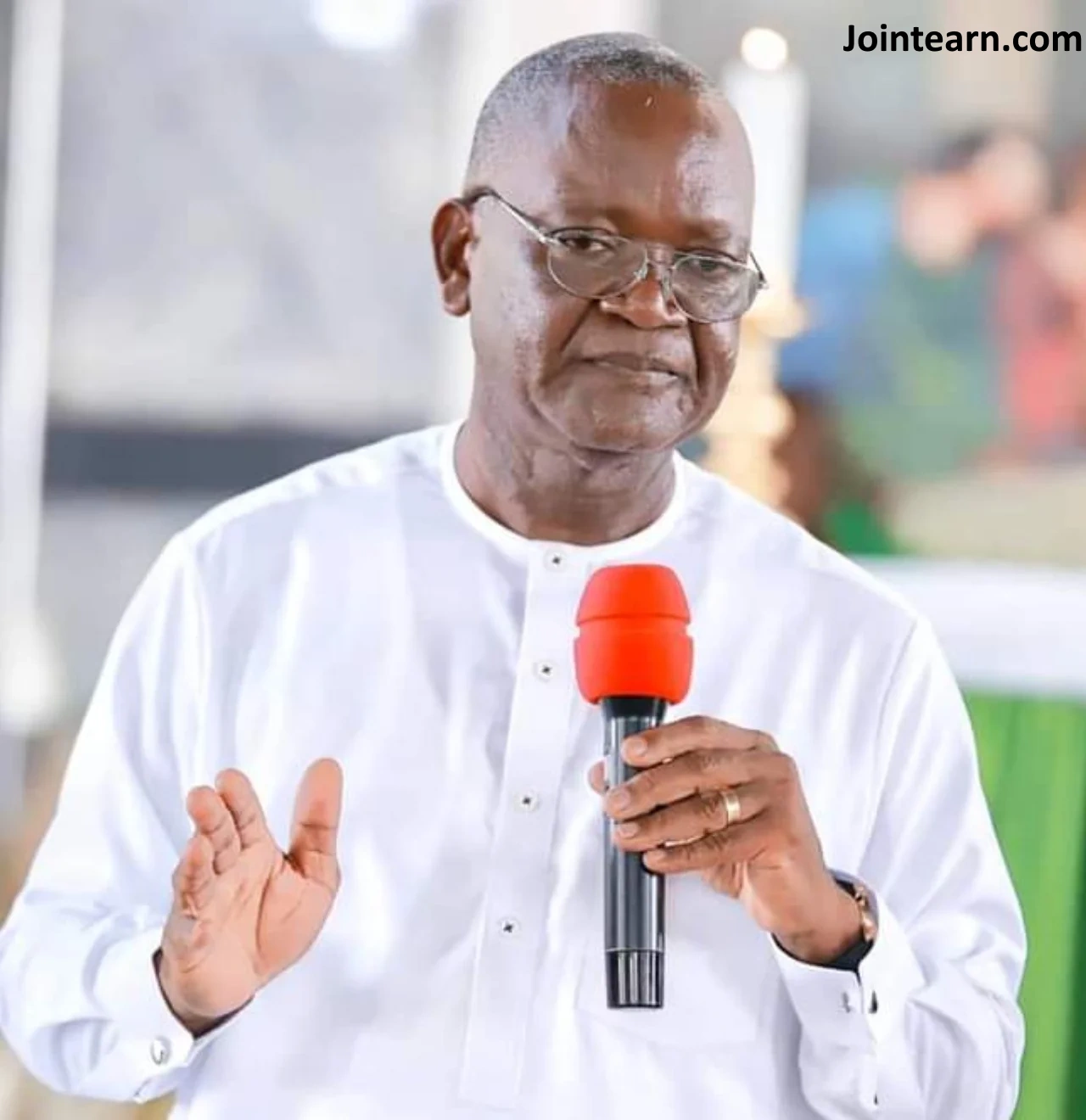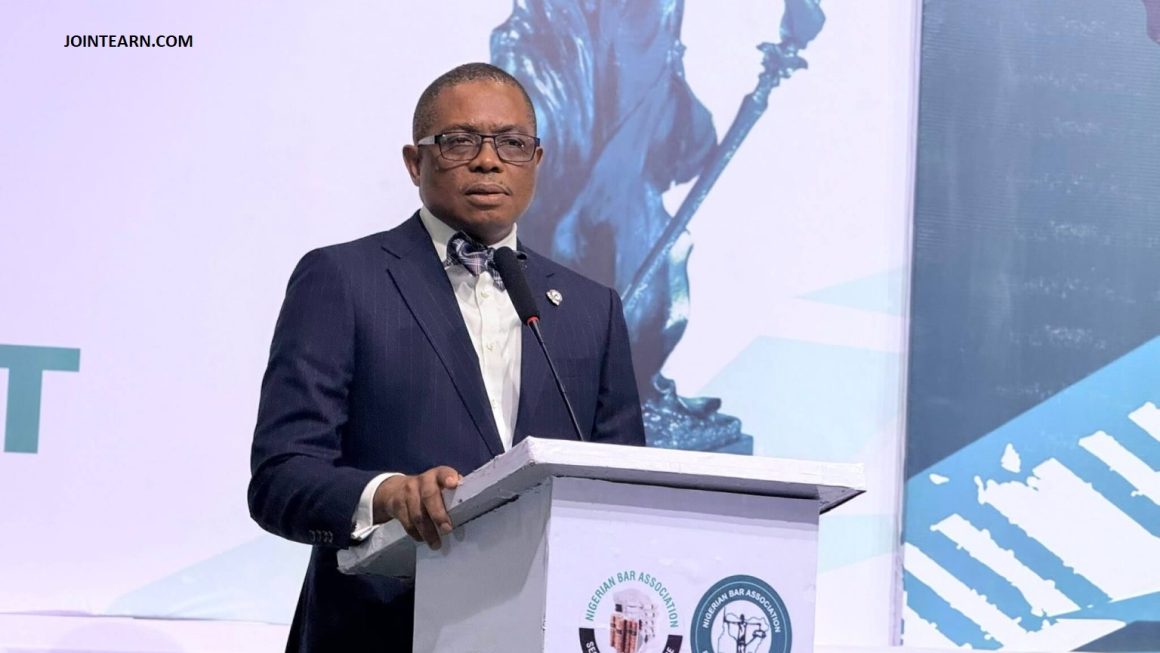Nigeria’s population pyramid currently reflects a highly concerning dependency ratio of 80 percent, meaning that 80 percent of the population is dependent on only 20 percent who are responsible for their support. This imbalance is a clear signal of an impending demographic crisis that, if left unaddressed, could have devastating consequences for the country’s economic stability and social welfare. According to Dr. Ejike Orji, the chairman of the Management Committee of the Association for the Advancement of Family Planning, this alarming trend can only be reversed if the Nigerian government makes systemic population control a priority.
Speaking at the 8th Nigeria Family Planning pre-conference media parley, Dr. Orji emphasized the urgency of addressing the population surge, especially given that 75 percent of the population is under 35 years old, with 45 percent under 15. These young individuals are largely uneducated, unemployed, and facing extreme hardship, which has led to increasing levels of frustration and anger. Dr. Orji pointed out that this demographic imbalance has not only worsened the country’s economic struggles but has also exacerbated security issues, led to rising immigration pressures, and contributed to widespread social unrest.
“There is no doubt that Nigeria is in the midst of a demographic crisis,” Dr. Orji warned. “Any country with a large, unplanned, and unproductive young population is destined to face significant economic challenges.” He called for immediate and focused action, stressing that the conversation around family planning is critical for addressing the root causes of these issues. “We need to support our government in making the right decisions,” he added.
Dr. Orji also connected Nigeria’s population growth to its economic struggles, pointing out that the country is seeing increasing numbers of young professionals, including doctors and ICT experts, fleeing abroad in what is commonly referred to as the “Japa syndrome.” This exodus reflects a lack of opportunities, which in turn fuels the country’s growing instability. He also cited neonatal mortality as a further indication of a population crisis, highlighting that the high rates of newborn deaths are linked to inadequate healthcare during childbirth.
At the current fertility rate of 4.8 percent, Nigeria’s population is projected to reach 450 million by 2050. Dr. Orji cautioned that, at such a pace, the country could face dire consequences, with the potential for extreme economic strain and scarcity of resources. “If this trajectory continues, we might reach a point where Nigerians could be forced to turn on each other for survival,” he warned.
To prevent this future, Dr. Orji called on the government to prioritize reducing the fertility rate to 4 percent, which he believes is necessary to ensure a demographic transition and allow the country to eventually benefit from demographic dividends. He also urged the federal government to release the remaining N2 billion allocated for family planning commodities in the 2024 budget, a crucial step in addressing Nigeria’s growing population and its wider social impacts.
“We are advocating for the remaining $2 billion to be released to the UNFPA this fiscal year,” Dr. Orji concluded. “This funding is essential to addressing the ripple effects of Nigeria’s expanding population on the country’s security, education, and healthcare systems.”












